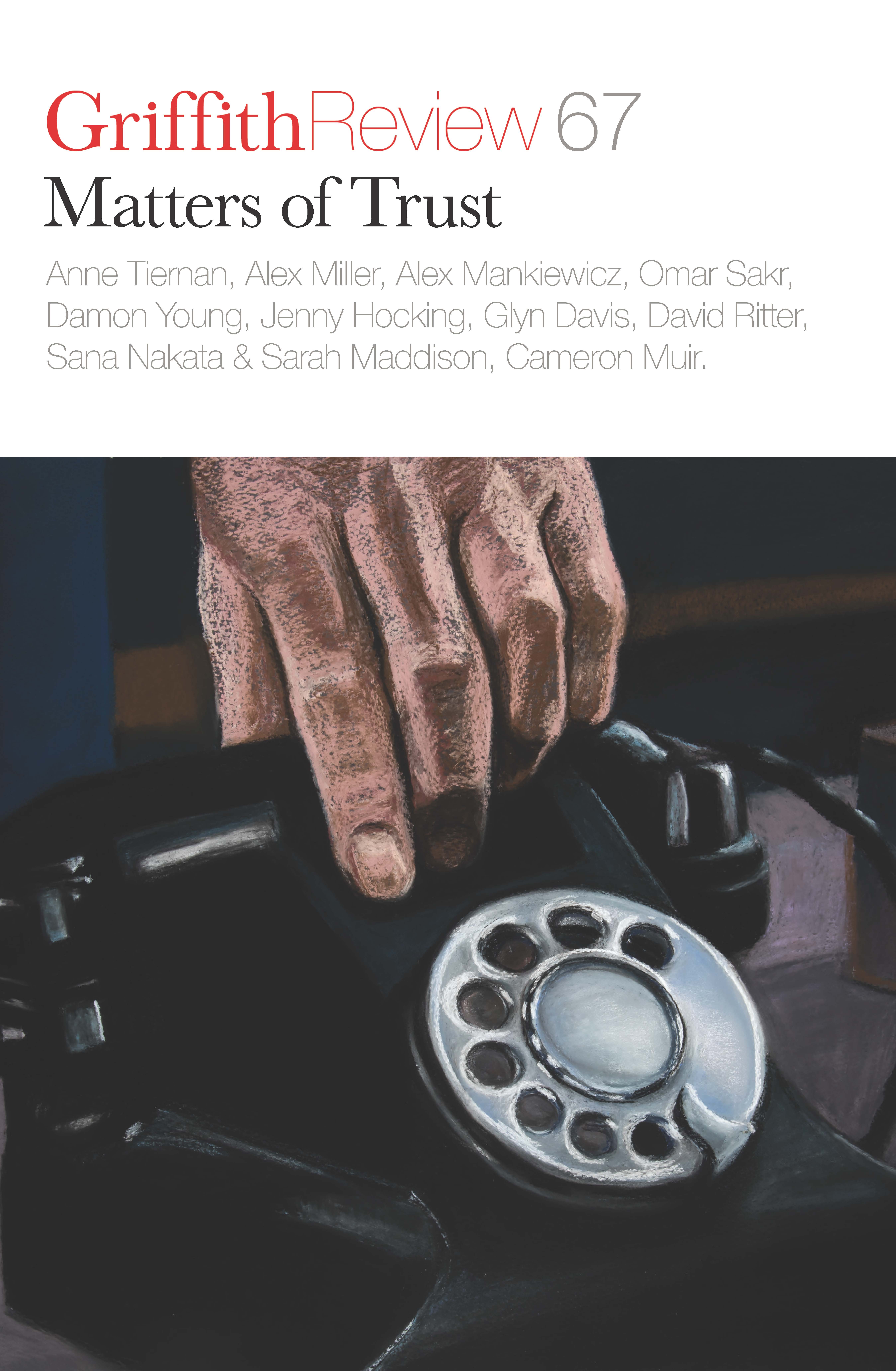Featured in

- Published 20200204
- ISBN: 9781925773804
- Extent: 264pp
- Paperback (234 x 153mm), eBook

Already a subscriber? Sign in here
If you are an educator or student wishing to access content for study purposes please contact us at griffithreview@griffith.edu.au
Share article
More from author

Relics of colonialism
EssayWe will make better decisions on all the great issues of the day and for the century to come, if we better understand the past. Gough...
More from this edition

Nuclear landscapes
GR OnlineThe United States has conducted 1,054 nuclear weapon tests, of which 219 have been atmospheric. The US Army conducted the first test on 16 July 1945 as part of the Manhattan Project in what is now the White Sands Missile Range in New Mexico’s Jornada del Muerto desert. The test site was declared a National Historic Landmark district in 1965...

Ngumambinya
GR OnlineAs a lifetime ambassador for the Indigenous Literacy Foundation (ILF), I see firsthand the importance of reading and writing in first languages. The ILF has published over ninety books as part of their Community Literacy Projects, and many of them are in eighteen different languages from the remotest communities in Australia. These books assist some of Australia’s most disadvantaged people to become self-determining through literacy.

Towards a reconception of power
EssayIT WOULD BE disconcerting to wake up one day and discover that everything we thought was real in the world we live in was...